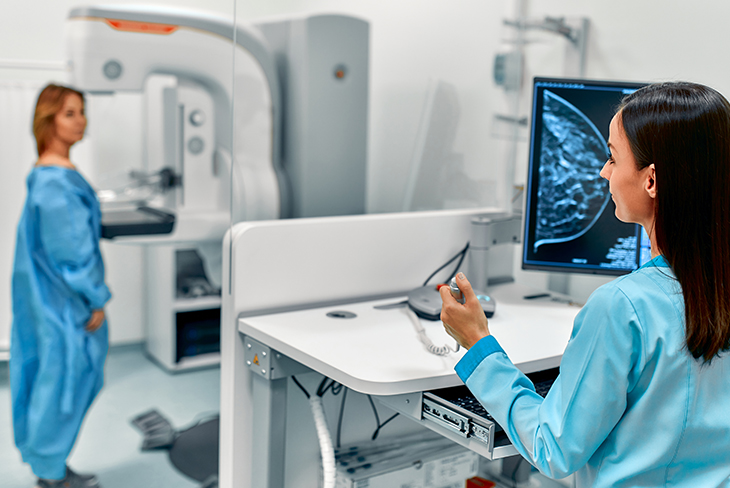Get to know your breast cancer treatment team

‘Being diagnosed with breast cancer is a very stressful experience, and many women experience severe anxiety when faced with the daunting prospect of treatment,’ says Dr Lucienne van Schalkwyk, a breast surgeon at Life The Glynnwood. The right support can make the world of difference in how you experience your treatment journey.
Oncology nurse
Oncology nurses are trained to administer treatment and provide support to patients throughout their recovery journey. They play a key role, which involves:
- coordinating your care, such as ensuring you are given your medication and other treatment on schedule
- keeping you and your caregivers informed by providing you with information regarding your treatment
- helping you to manage your symptoms and side effects from medication and treatment such as chemotherapy and radiation therapy
Pathologist
Pathologists are specialist physicians who work in laboratories or hospitals. They examine body-tissue samples, usually taken during biopsies (in the case of breast cancer). Pathologists may examine entire organs if they are removed during surgery. Examining samples helps with the accurate diagnosis of diseases.
Surgeon
Surgeons surgically remove any cancerous tumours and tissue. This helps to slow or prevent the spread of cancer. Surgeons can also perform certain biopsies to help diagnose breast cancer.
Medical oncologist
Medical oncologists specialise in cancer treatment using therapies such as chemotherapy and targeted therapy. These specialists work with your healthcare team to create a treatment plan that suits your needs. Medical oncologists can predict a timeline for cancer or other diseases. This includes identifying various cancer stages.
Radiologist
Radiologists are healthcare professionals who perform breast cancer screening tests. They capture images with various imaging techniques, including ultrasound, MRI scans and X-rays. In the case of breast cancer, radiologists administer mammograms, a diagnostic tool where images of each breast are taken to check for signs of cancer.
Radiographer
Radiographers are technicians who are trained to administer radiotherapy using tools such as ultrasound, MRI scans and X-rays. Although they perform various imaging tests similar to radiologists, they aren’t medical doctors.
Radiation oncologist
Radiation oncologists specialise in treating cancer with radiotherapy (radiation therapy) where high-energy X-rays or other particles are used to destroy cancer cells.
‘It’s important to remember that each woman is unique, and each person’s experience will be different,’ explains Dr Van Schalkwyk. If you have any questions, ask your doctor about the breast cancer treatment journey. Visit Life Healthcare's Life Oncology page for more information on breast cancer and their oncology services.
The information is shared on condition that readers will make their own determination, including seeking advice from a healthcare professional. E&OE. Life Healthcare Group Ltd does not accept any responsibility for any loss or damage suffered by the reader as a result of the information provided.

